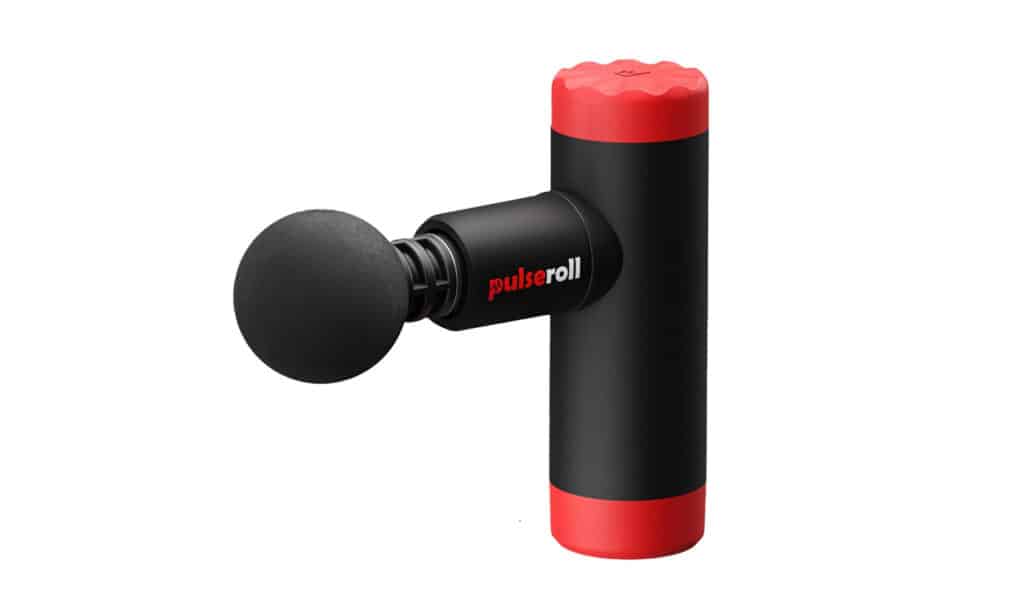


As race director for the Basingstoke Half Marathon and 10km – https://www.destinationbasingstoke.co.uk/half-marathon/ – Mike Gratton has put together a list of top tips for runners of all standards taking part in the races. The tips are relevant for any running road race – they may feel obvious and general but we all fall into various traps that are easily avoided.
You can download a our half marathon training plans here:
Half Marathon Training Plan – Beginners
Half Marathon Training Plan – 2 hours and under
Half Marathon Training Plan – Sub 1 hour 40 mins
Half Marathon Training Plan – Sub 1 hour 25 mins
Ready for a speedy marathon challenge? Take a read of our 4 hour pace marathon blog.
Good luck everyone at the Basingstoke Half Marathon!
Join our mailing list to stay up to date with the latest UK running events, training tips, and exclusive offers on running products. Rest assured, we value your privacy and would never dream of selling your address. Sign up now…

Share this article
Warm-up exercises are essential to prepare your body for a run. These exercises help increase...
Designed by our head coach, Mike Gratton, winner of the 1983 London Marathon, this 8-week...
As a runner, you’re probably familiar with the importance of staying hydrated and fueling your...
As humans, we all experience moments of grief and stress at some point in our...
When you say ‘finish at’ marathon pace, should there be a block at marathon pace?...
Your training plans say to run a half marathon in the training schedule; what if...
We’re here to make sure you’re up-to-date with the latest running tips, events and product discounts – we’ve always got your back! Rest assured, we value your privacy and would never dream of selling your address.
BONUS: Sign up today and receive a FREE code for our Sub-4-Hour Marathon Plan
Your privacy settings
Manage Consent Preferences
Necessary
Analytics
Embedded Videos
Marketing
Facebook Advanced Matching
Facebook CAPI